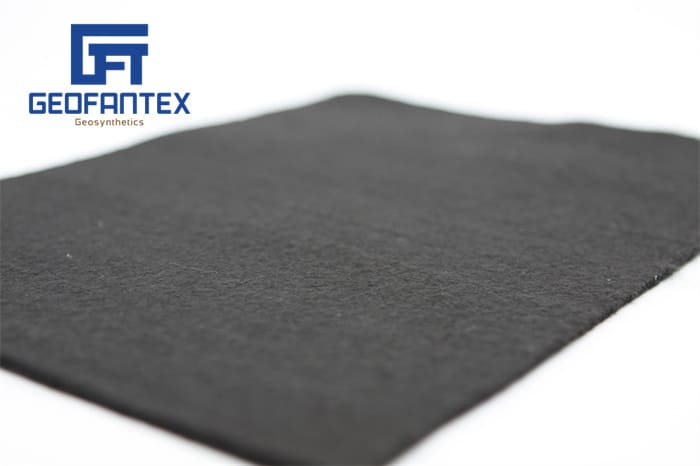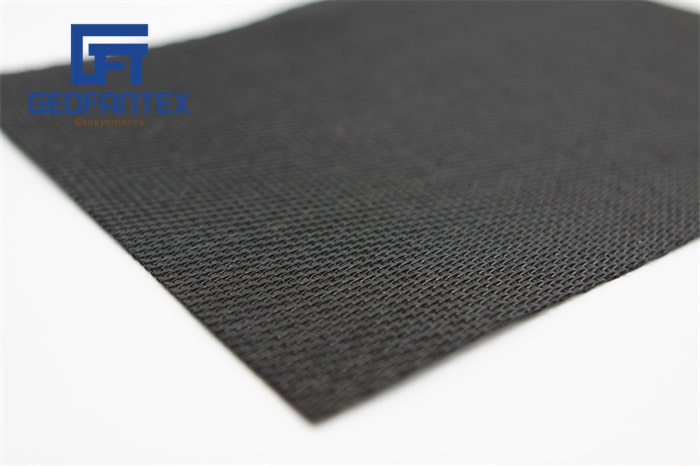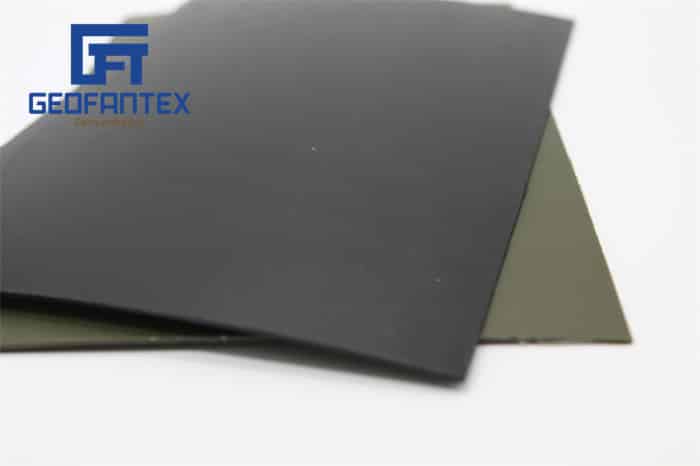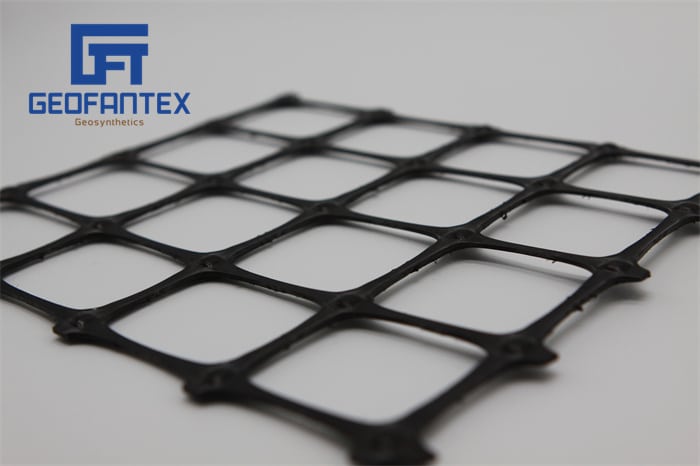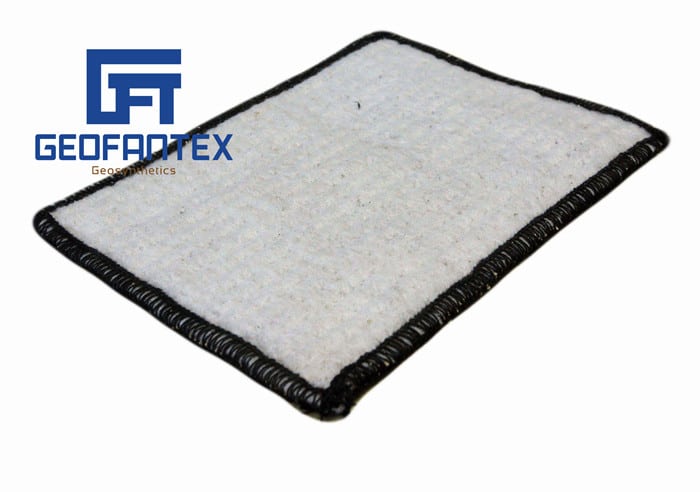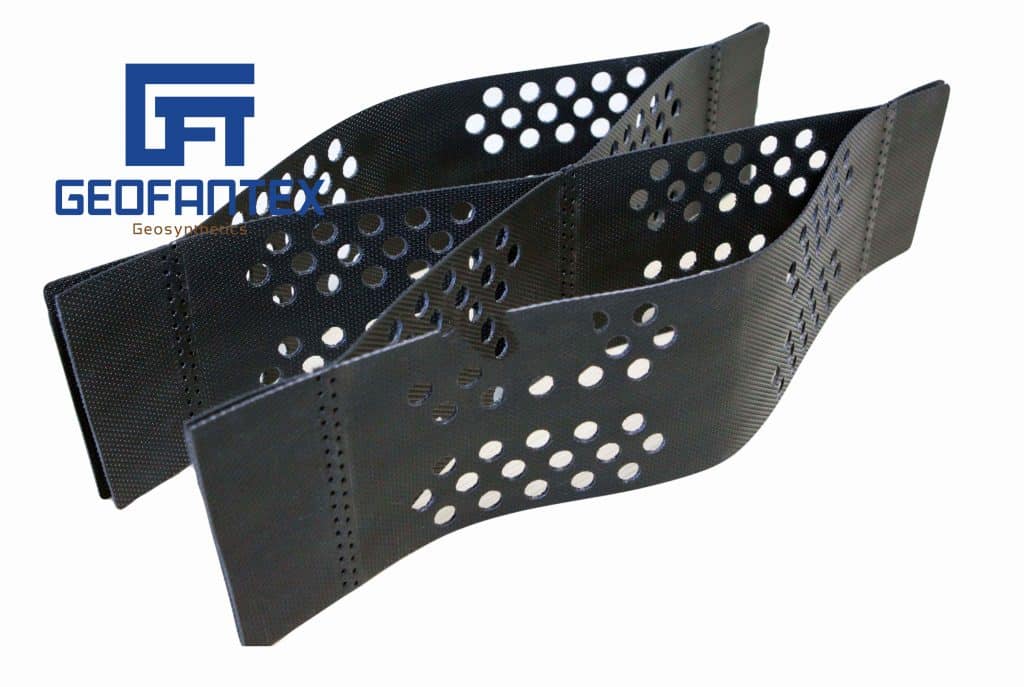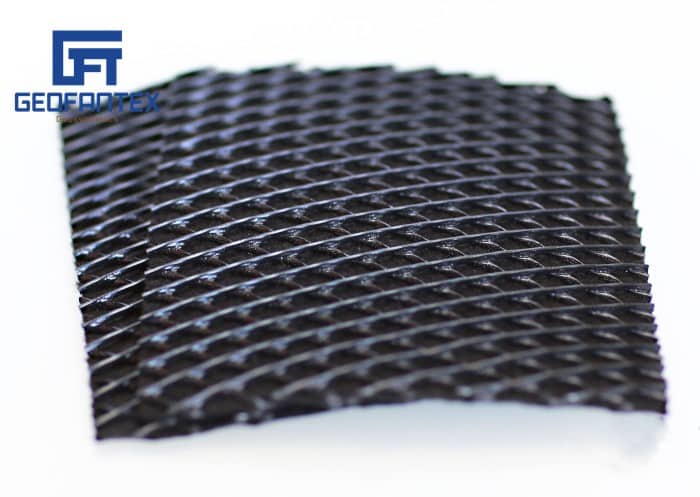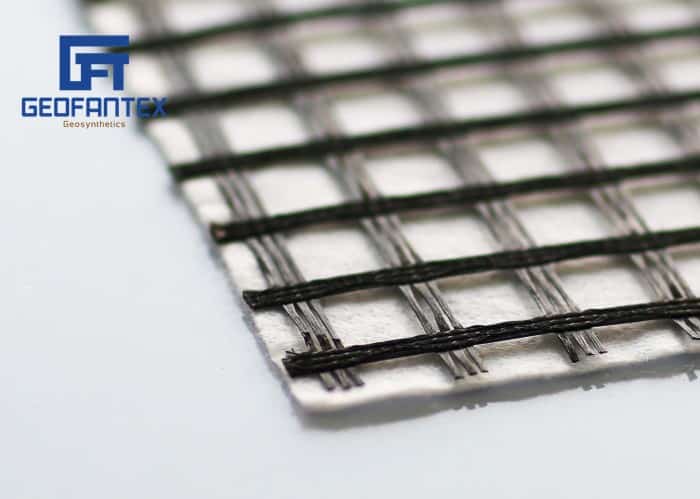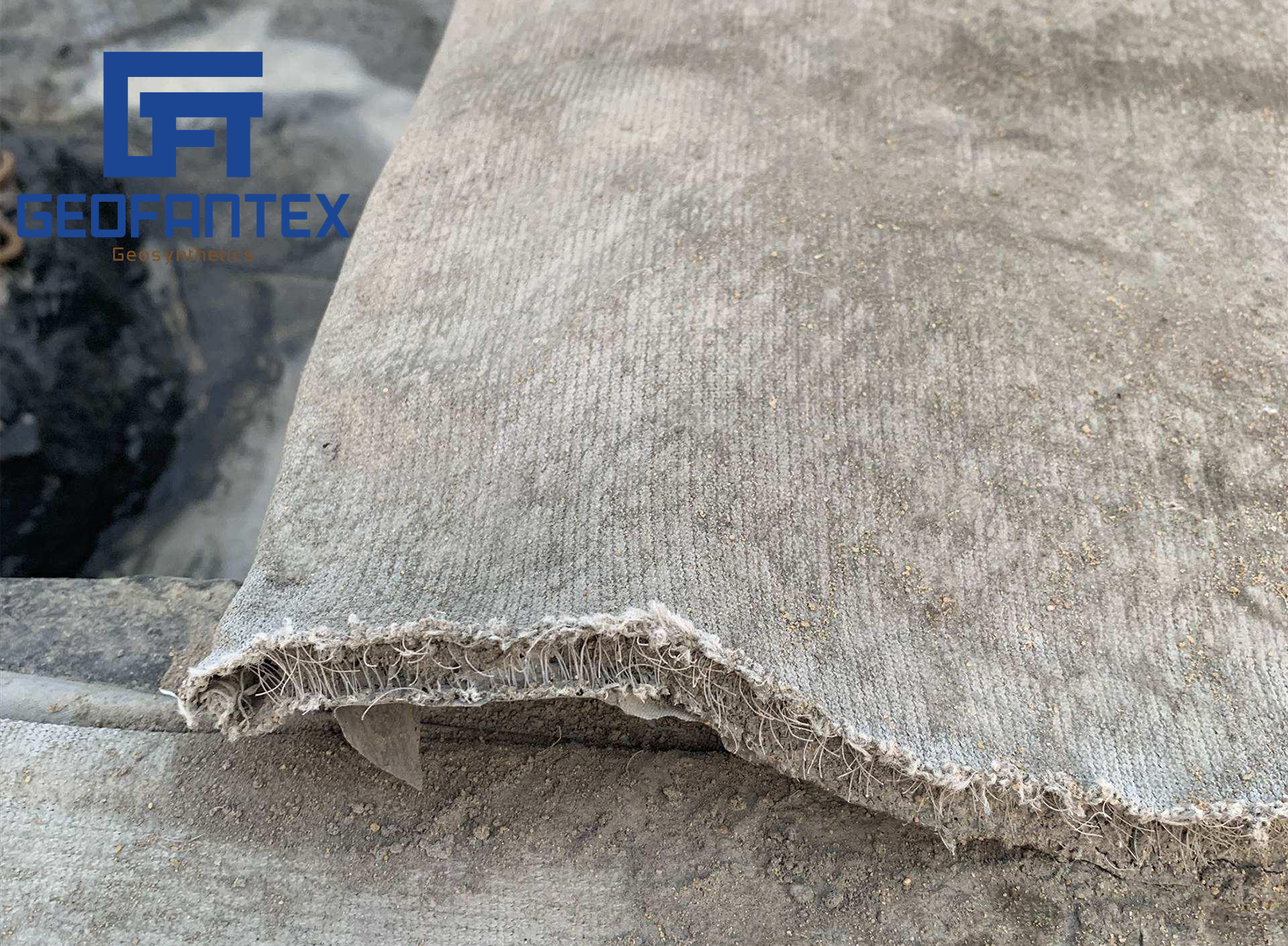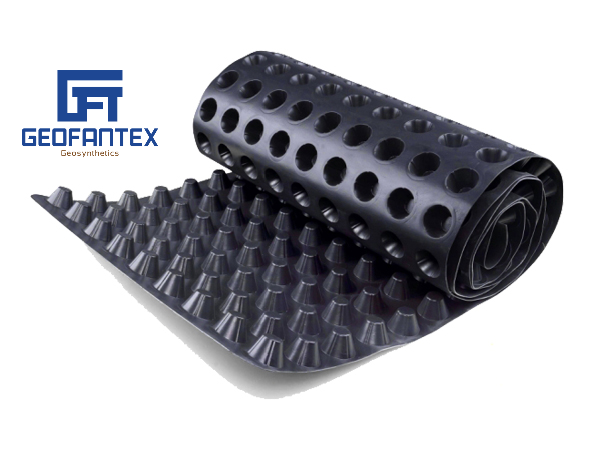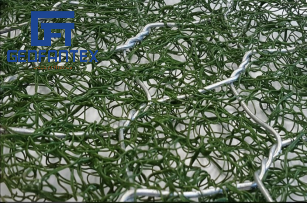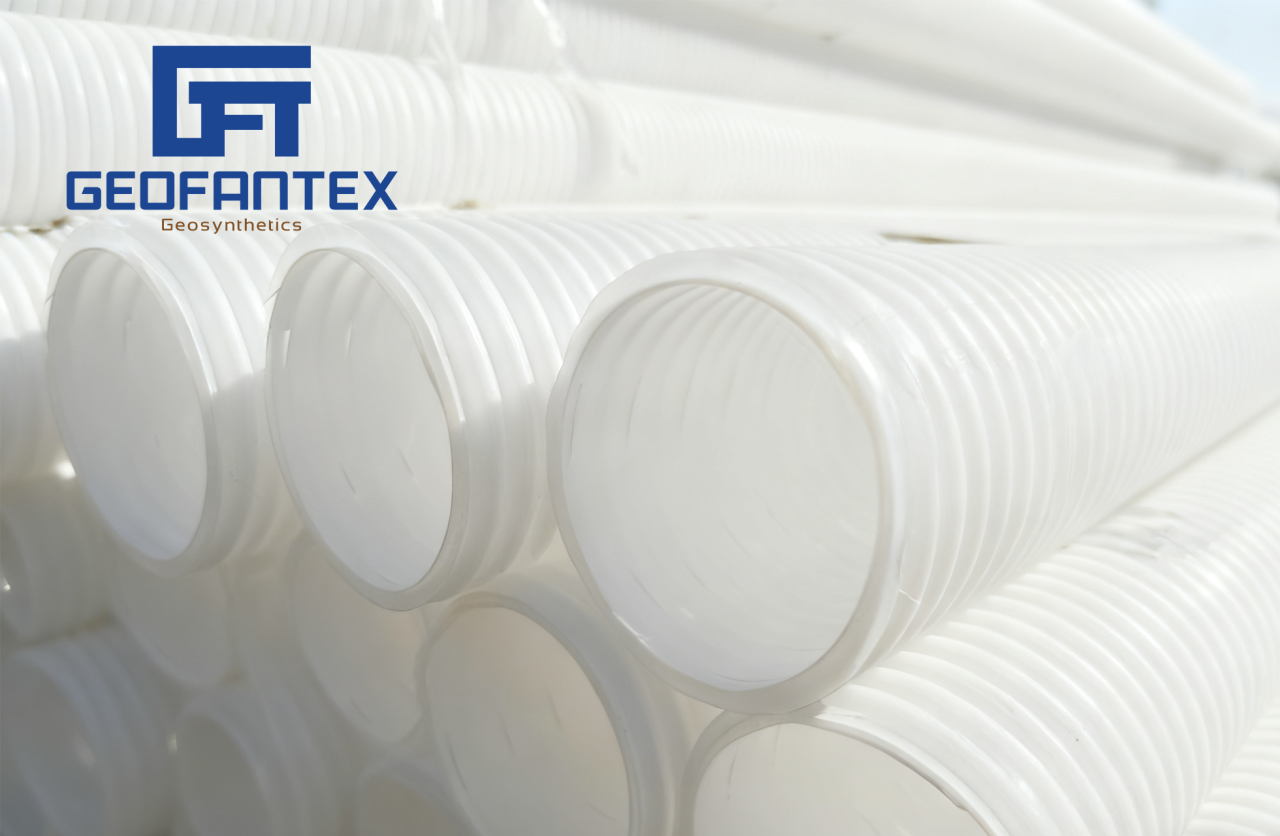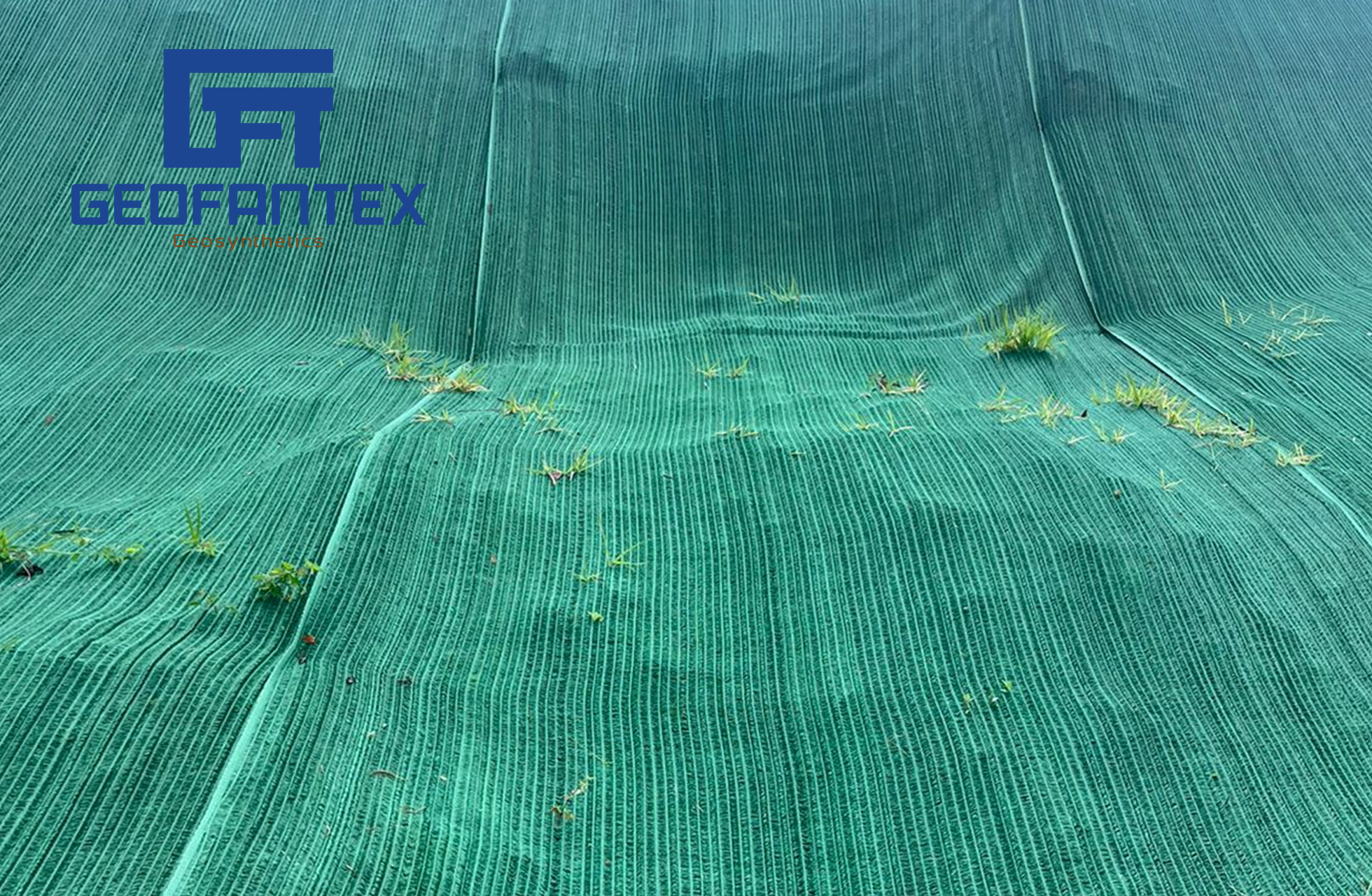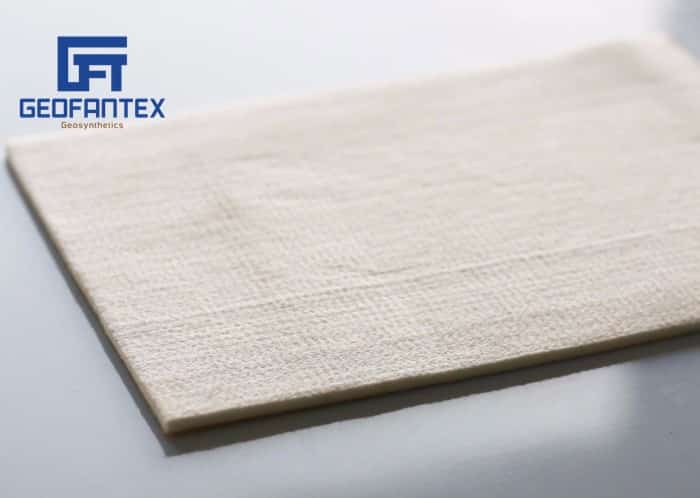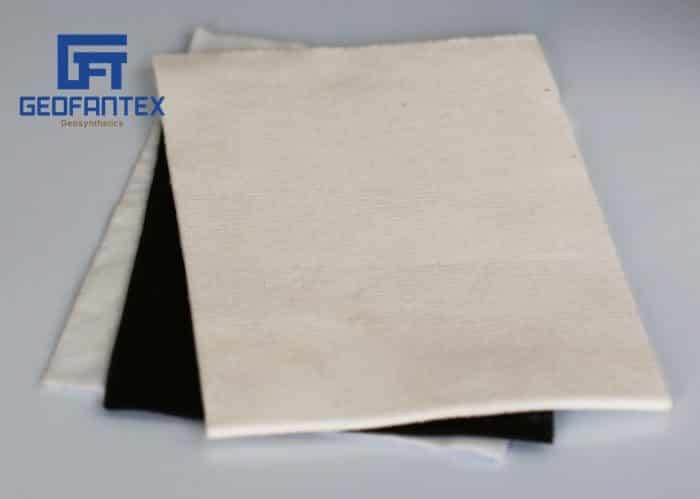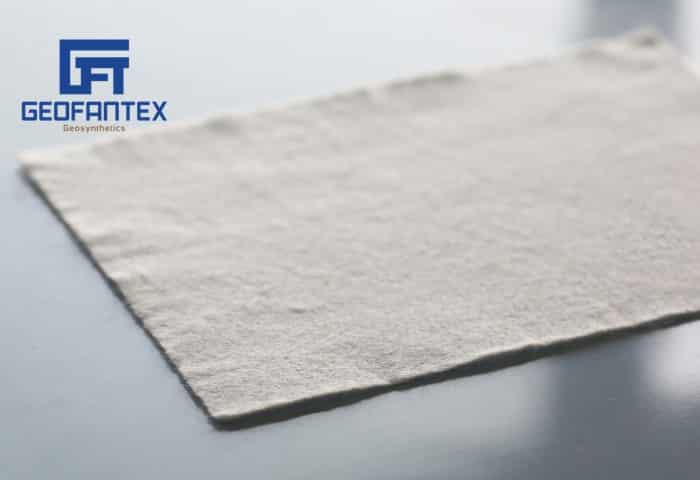+86-159 9860 6917
info@geofantex.com
geofantex@gmail.com
+86-400-8266163-44899
Base materials can be granite road base, crushed gravel, or limestone, which are then compacted to form a hard surface. They are frequently used in the construction of roads, paving substrates, hard stands, parking areas, footpaths, and driveways. This solution offers cost-effectiveness, as it is relatively inexpensive to install and resistant to cracking. When properly compacted at an appropriate depth, it exhibits excellent strength.
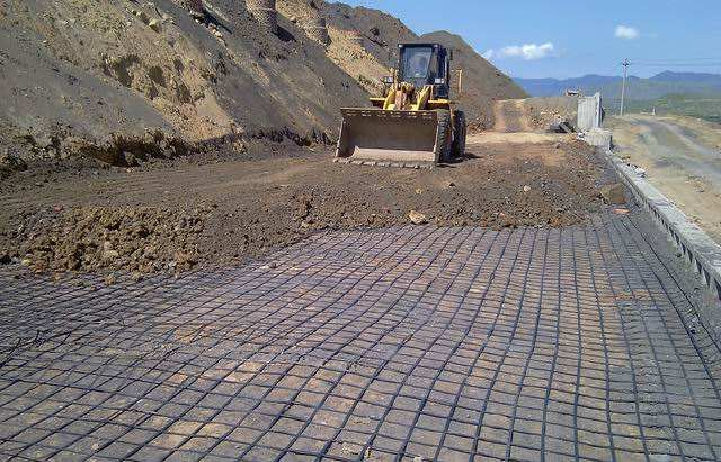
What Is the Best Material for a Road Base?
The best road base material depends on traffic load, drainage conditions, soil strength, budget, and long-term maintenance expectations. A well-chosen base material provides structural support, distributes loads, and resists deformation and erosion.
Crushed stone / road base (crusher run): This is generally the best all-around road base material for driveways, parking areas, and access roads. Made from well-graded crushed rock (granite or limestone fines mixed with larger particles), it compacts tightly to form a dense, stable layer with excellent load-bearing capacity and good resistance to rutting.
- Gravel: Gravel is commonly used for rural or temporary roads due to its low cost and availability. While it provides good drainage, it does not compact as tightly as crushed stone and is more prone to movement, requiring regular grading and replenishment.
- Recycled concrete or asphalt: Recycled materials are a cost-effective and environmentally friendly option. When properly processed and compacted, they offer good strength and durability, making them suitable for driveways and secondary roads.
- Compacted soil (earth roads): This is the lowest-cost option but offers limited durability. Compacted soil is highly susceptible to erosion, rutting, and weather damage and is only suitable for very low-traffic applications.
- Chip seal (asphalt + crushed stone): Chip seal provides a more durable surface than gravel and is less expensive than full asphalt paving. It is suitable where moderate durability and reduced dust are required.
- Engineering best practice: For long-term performance, crushed stone road base installed over a geotextile or geogrid layer offers the best balance of strength, drainage, erosion resistance, and maintenance efficiency.
In summary, while gravel or recycled materials may be chosen for budget reasons, well-graded crushed stone road base is typically the best material for most road, driveway, and parking applications when durability and stability are priorities.
What Is the Cheapest Road-Base Material?
- Compaction Quality: Road base materials must be compacted in controlled lifts using rollers or vibrating plate compactors. Proper compaction increases density, improves load distribution, and reduces voids that allow water infiltration.
- Surface & Subsurface Drainage: Effective drainage is essential to prevent washout. Features such as culverts, swales, crown grading, and roadside ditches redirect surface runoff, while subsurface drains eliminate trapped moisture that weakens the base layer.
- Reinforcement Layers: Installing geotextiles or geogrids beneath the road base prevents intermixing of subgrade soils and aggregates, improves load transfer, and resists deformation. These stabilization layers significantly reduce erosion and rutting in wet climates or weak soil conditions.
- Aggregate Gradation: Well-graded crushed stone or engineered road base provides superior interlock and compaction, making it more resistant to displacement compared to loose gravel or native soil. Proper particle size distribution increases strength and decreases washout risk.
- Routine Maintenance: Grading, top-up material placement, and inspection after heavy rainfall events maintain surface integrity and prevent localized failures before they develop into major washouts.
Well-engineered road bases are designed to withstand weather events and traffic loads without washing away. Although severe storms or poor drainage can cause erosion, proper compaction, drainage engineering, aggregate selection, and geosynthetic reinforcement greatly reduce vulnerability and ensure long-term performance for driveways, rural roads, and parking areas.
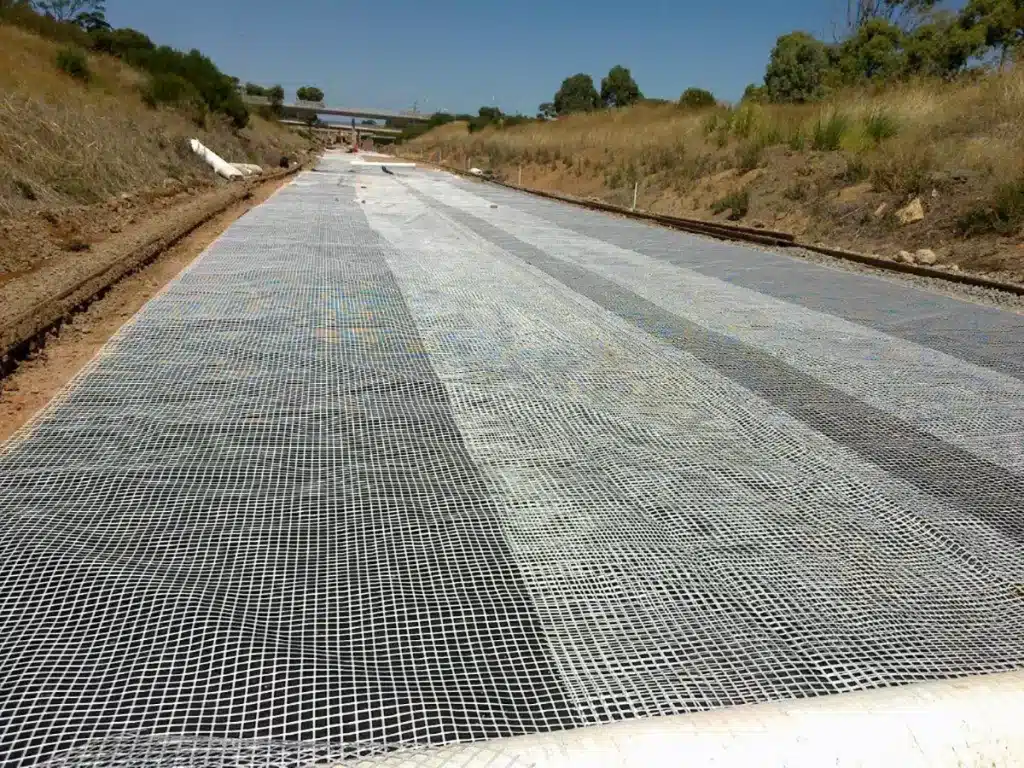
Is gravel or road base better for a driveway?
The choice between gravel and road base depends on your priorities for cost, durability, and maintenance:
- Gravel:
- Pros: Affordable, easy to spread, and excellent for drainage when properly graded.
- Cons: Can shift over time, forming ruts or scatter, which means it requires regular maintenance and periodic replenishment.
- Road Base (crusher dust or compacted rock):
- Pros: Packs tightly, creating a stable and durable surface that resists shifting and rutting. It requires less maintenance over time compared to loose gravel.
- Cons: Slightly more expensive and labor-intensive to install. Its drainage capacity is good but not as high as loose gravel.
If you want a low-maintenance, long-lasting surface that remains stable, road base is the better option. However, if initial cost and ease of installation are your main priorities, gravel can be a suitable choice, provided you don’t mind occasional upkeep.
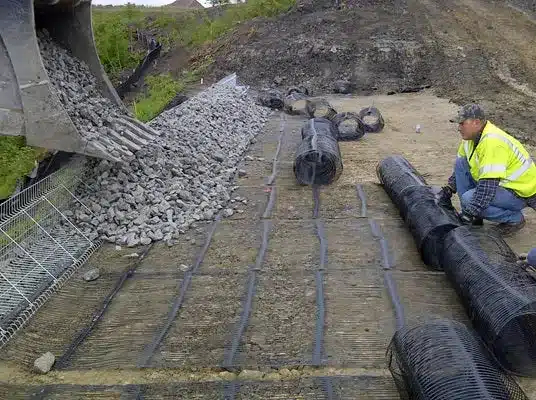
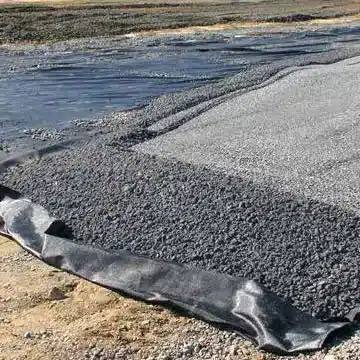
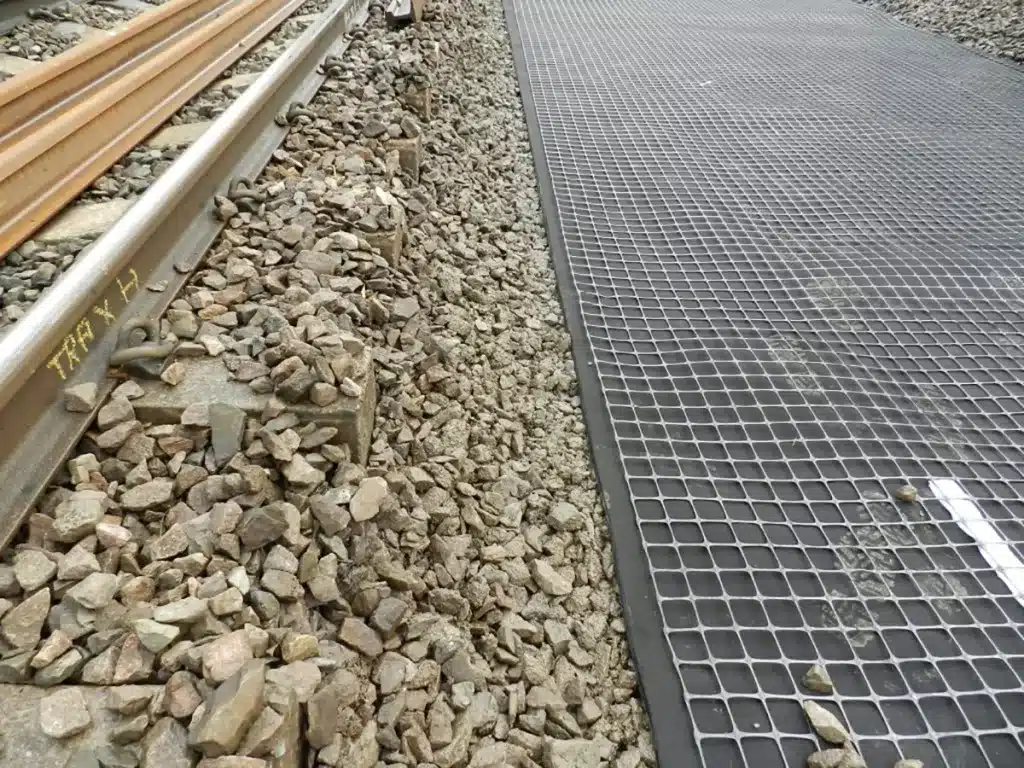
Get Free Sample
We’ll respond as soon as possible(within 12 hours)

